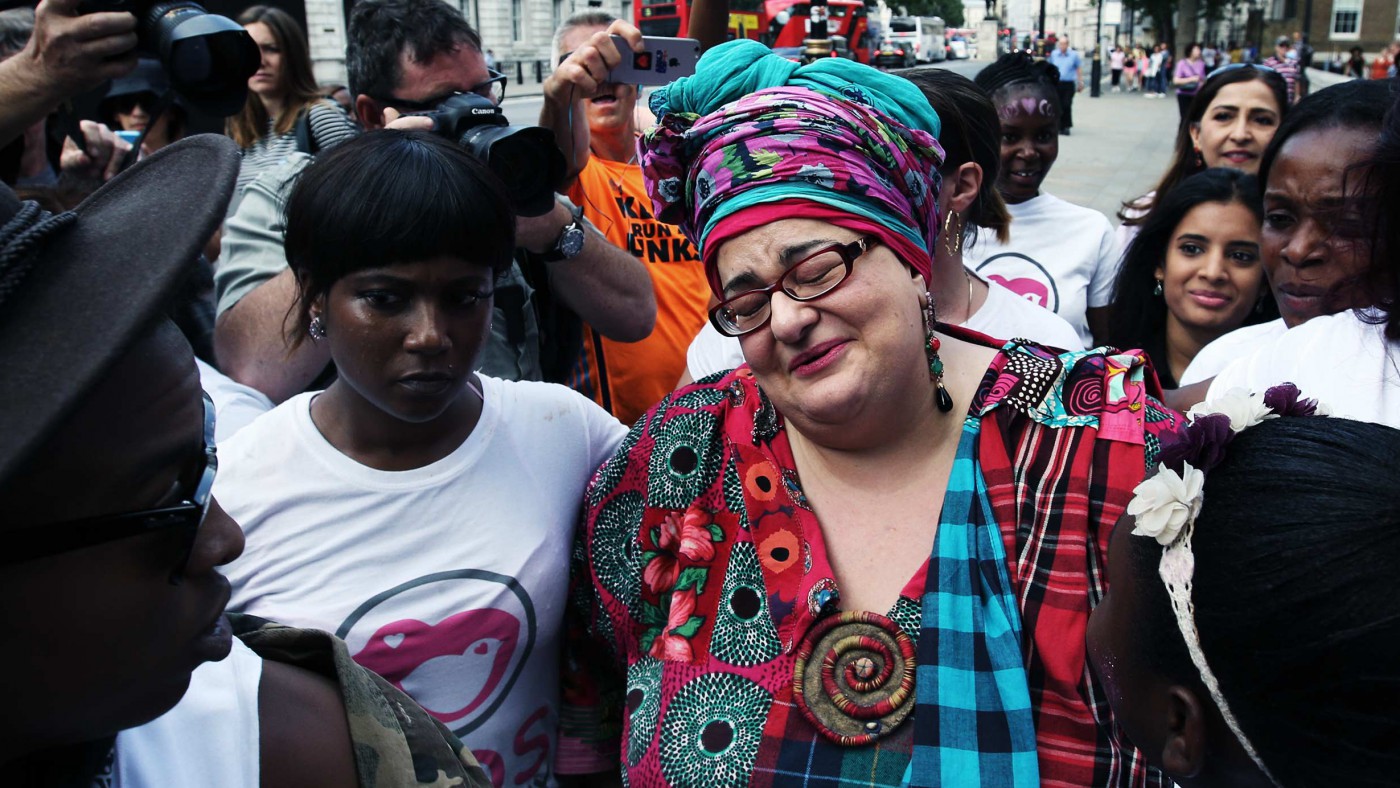Back in the days before the financial crisis, when the economy was assumed by many to be a settled subject and Britain’s then opposition party needed something else to talk about, the young Tory leadership latched on to Kids Company. That is the name of the now defunct charity that imploded earlier this year after consuming more than £40m of funds given to it by ministers. A lot of people had to work a lot of hours to give the government that money. It is then somewhat galling, as a taxpayer, to read the tales of multiple mismanagement and waste at an organisation that was supposed to be helping deprived children. The charity kept getting taxpayer funds for year after year because it had the Prime Minister’s seal of approval.
Chris Cook of the BBC had written a superb account of how it happened. The novelist Robert Harris, praising Cook’s article, said on Twitter that it reminded him of Trollope’s The Way We Live Now, a satire on the London elite of the 1870s. Kids Company and its founder, whose name I am not going to attempt to spell, and who has had enough publicity already, was in the right place at the right time, just when politicians wanted to prove their virtue with other people’s money.
But it is worth remembering the origins of this scandal and understanding that it is an example of reforming zeal gone wrong. The Cameroons such as Steve Hilton had an analysis that ran as follows: the state under Gordon Brown had got too big; the state was bad at innovation and cramped freedom; government needed to encourage other players – charities, the voluntary sector – to find new ways of delivering services.
At the same time, the UK was in the middle of a periodic moral panic about the country going to the dogs. Cameron even went so far as to say that Britain was broken.
It is easy to be cynical about Cameron’s motives, but I think he was entirely genuine in believing that a different approach was required and that British society is too atomised. Many of the poorest children are still let down, badly, despite the UK spending an enormous amount on welfare. This is what was behind his Big Society agenda. It was not, as is commonly said, a bad idea that was pure public relations. It was an important idea appallingly badly sold, marketed and, it turns out in the case of Kids Company, implemented incompetently too.
Steve Moore, who was involved in the Big Society push, wrote the essential piece for CapX on the politics of this failure.
The affair illustrates something else that “compassionate Conservatives” and reformers, and those of us who urged them on in print, need to recognise.
Reformers are forever bemoaning the sluggish, inertia of public officials. They can’t innovate; they’re not groovy disruptors; they object when advisers and ministers want to try a new approach; they don’t work in “the real world” (whatever that is).
But good government, checks and balances and procedure matter. You can have too little of it, just as you can have too much. If proper procedure is bypassed in the name of endless disruption, to shock the system and make the politicians look cutting edge, basic questions about the use of public funds are not asked.
In this way, the civil service in Whitehall were barged out of the way on Kids Company, or in some cases they went along with it, it seems because the charity had favoured status in Number 10. Some officials tried to issue warnings, as did some ministers, and they were ignored.
But this would never have arisen if the government had stuck to the common sense position of not giving money to charity to make itself look good, and only purchasing services when appropriate. The government could have concentrated on encouraging big money Tory donors and others to fund Kids Company. It did do that, but it took the mad decision to join in the giving and to continue supplementing Kids Company with our cash. Lots of it.
The moral is that there would be no scandal in this case if ministers had remembered the simple truth that they should not be giving other people’s money – taxpayers money – to charity. It is not the government’s job.


